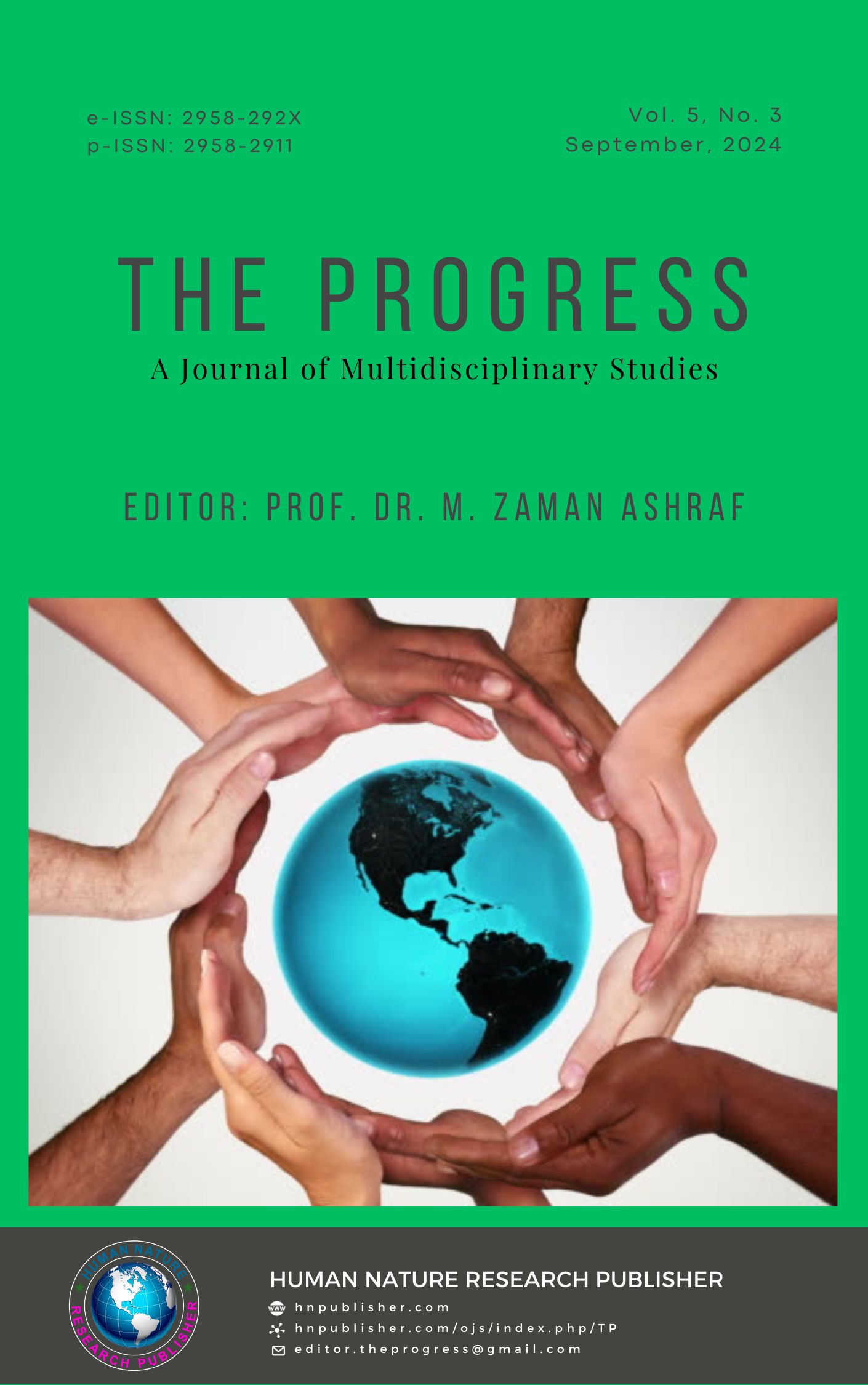Carbon Farming, Carbon Market, Climate Justice and Just Energy Transition in Reducing Carbon Emission in Nigeria (A Review)
DOI:
https://doi.org/10.71016/tp/jw74ry45Keywords:
Carbon Farming, Carbon Market, Emission, Energy Transition, NigeriaAbstract
Aim of the Study: The study reviewed carbon farming, carbon market, and climate justice and energy transition in reducing carbon emission in Nigeria.
Methodology: The study being a qualitative review made use of literature reviews. A total of 400 papers on climate change, carbon farming, carbon market, carbon emissions, climate justice, and energy transitions were downloaded across various databases including (scopus, web of science, google scholar, and research gate). The authors peruse the 400 papers carefully to select the required ones based on the title of the research paper in focus. Papers not relating to the title of the research study were excluded numbering 372 leaving only 28 papers which focused basically on the research study of interest and concern. The included 28 scientific papers were thoroughly perused further and used for the review reports.
Findings: Based on the review results, there has been a universal call for the decarbonization of the global environment. This has necessitated the need for renewable energy and other forms of sustainable energy in Nigeria such as solar, wind, geothermal, hydropower, and bioenergy. Nigeria government has taken steps in ensuring a free, cleaner and safer environment via adoption of cutting edge technologies such as carbon farming, carbon markets, climate justice, and just energy transitions with few significant successes. Nigeria had transited from the conventional energy use to use of clean energy sources such as solar, wind, bioenergy, etc, though in gradual phases. Further findings revealed that there were some barriers to achieving energy transition plan and carbon neutrality in Nigeria. These includes; financial funding, technical-know-how, poor energy policy and energy market losses, infrastructure decay, environmental/ecological, legal and regulatory demands.
Conclusion: In conclusion, it should be noted that for a sustainable energy transition process and mitigation of climate change in Nigeria, the enabling policy frame works should be revisited.
Downloads
Published
Issue
Section
License
Copyright (c) 2024 Dr. Osuji Emeka, Offor Evelyn, Nzeakor Felix, Osang Emmanuel, Ugwunali Emeka, Ezirim Kelechi, Nwose Roseline, Nwachukwu Esther, Tim-Ashama Akunna, Agunanne Uchenna (Author)

This work is licensed under a Creative Commons Attribution-NonCommercial 4.0 International License.








